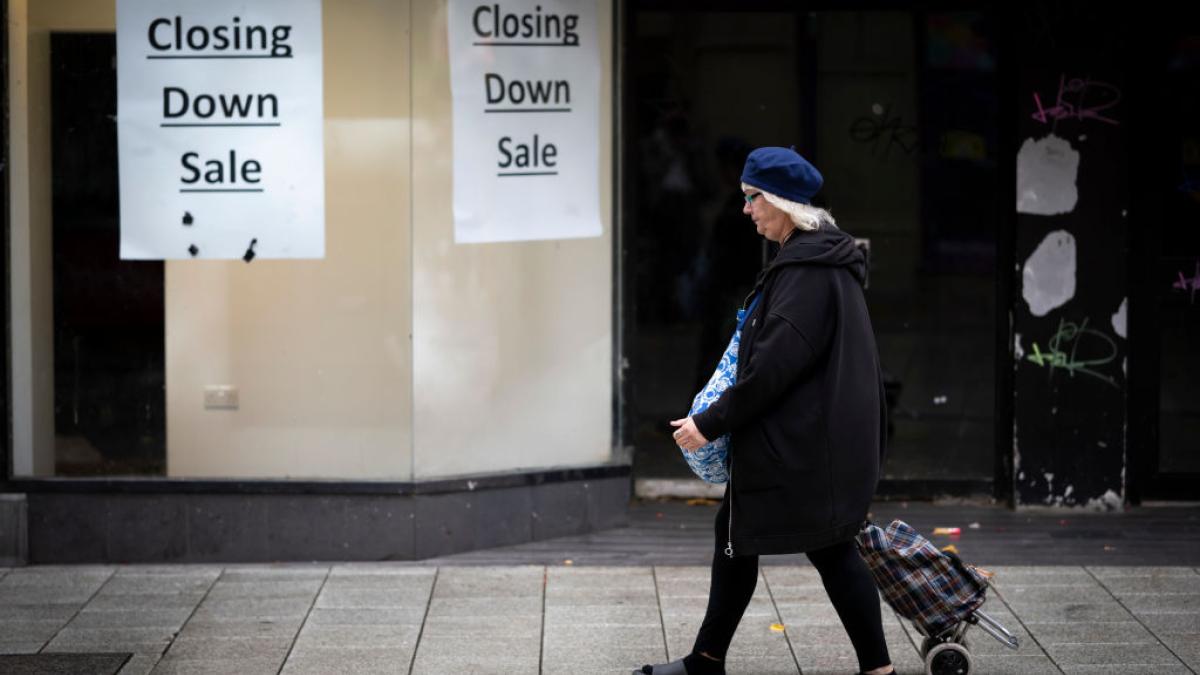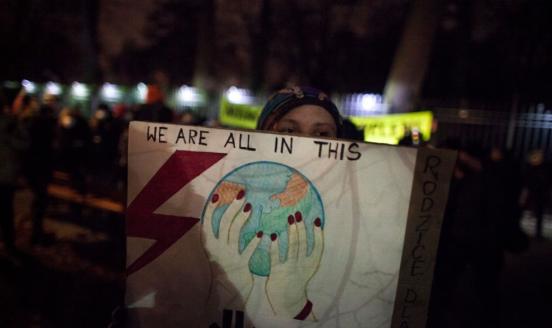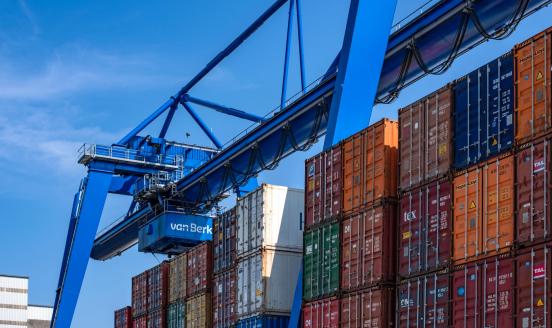Jonathan D. Ostry is a non-resident fellow at Bruegel, as well as Professor of the Practice of Economics at Georgetown University in Washington, DC; he is also a Research Fellow at the Center for Economic Policy Research in London and serves on the advisory board of the World Economic Forum's Global Risk Report in Geneva. Prior to his appointment at Georgetown, he served at the International Monetary Fund in senior roles, including as Deputy Director of the Research Department and Acting Director of the Asia and Pacific Department. Professor Ostry received his PhD in Economics from the University of Chicago, an MSc from the London School of Economics, and a BA in PPE from Oxford University.
Professor Ostry’s recent academic and policy work has focused on the management of international capital flows; this work has been influential in bringing about a shift in the institutional position of the IMF on capital controls. Ostry has also published influential studies on the relationship between income inequality and economic growth, where his work suggests that high income inequality and a failure to sustain economic growth may be two sides of the same coin. Ostry’s work has also focused on the issue of fiscal sustainability, and in particular on the role of a country’s track record of fiscal management in determining access to international capital markets. This work is used by the main credit rating agencies for their sovereign credit rating analysis.
Professor Ostry is a highly cited economist in scholarly journals (ranked in the top 1 percent of economists worldwide over the past ten years, according to RePEc), and his writings have featured prominently in the financial press (the Economist, the Financial Times, the New York Times, the Washington Post, the Wall Street Journal, Bloomberg, Time, Forbes, Fortune, CNBC, NPR, and the BBC). Earlier in his career, Ostry led the team at the IMF that produces its flagship publication, the World Economic Outlook, and was mission chief for Japan. His recent books include Taming the Tide of Capital Flows (MIT Press, 2018) and Confronting Inequality (Columbia University Press, 2019).




